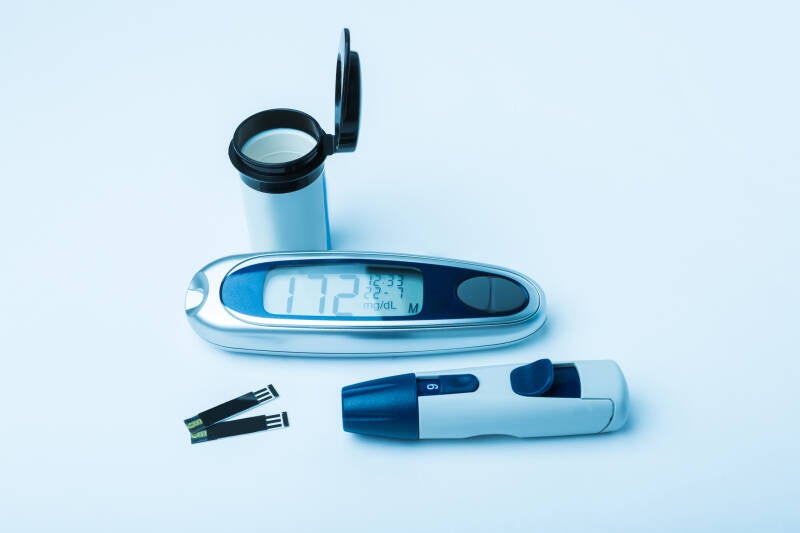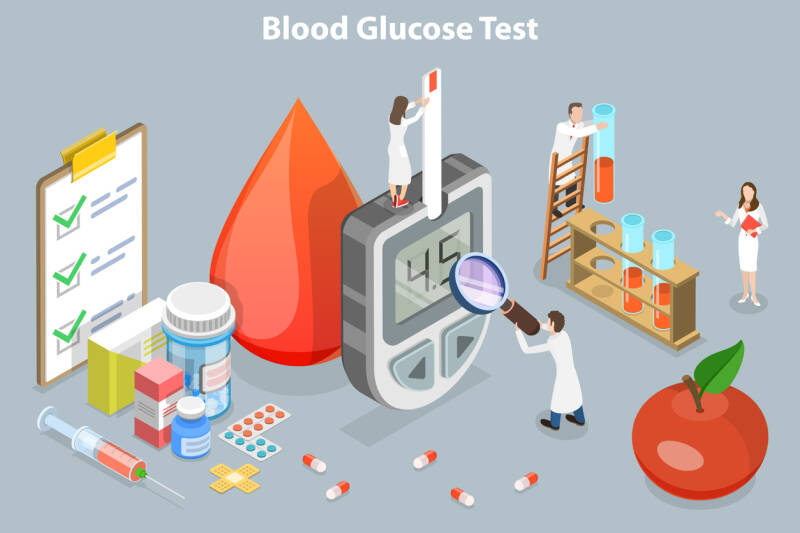Diabetes is stealthily eroding our health, particularly our kidneys. High blood sugar acts like molasses, slowly but steadily damaging the kidneys until they can no longer function. The scariest part is that diabetic nephropathy often has no obvious symptoms in its early stages, and by the time it's detected, it might be too late.

The Importance of Early Screening
While early diabetic nephropathy might not show clear symptoms, we can detect it through screening. Testing for microalbuminuria or glomerular filtration rate (GFR) can help us understand the current state of our kidney health. These tests provide crucial information that can help identify issues early and allow for effective interventions.
The Key to Prevention: Controlling Blood Sugar, Blood Pressure, and Blood Lipids
Controlling blood sugar, blood pressure, and blood lipids is essential for preventing diabetic nephropathy. These three indicators are vital for kidney health:
- Blood Sugar: Keeping blood sugar levels within the normal range reduces the burden on the kidneys.
- Blood Pressure: High blood pressure harms the kidneys, so it's important to follow your doctor’s advice and take necessary measures to control it.
- Blood Lipids: High cholesterol and triglycerides can damage the kidneys, so maintaining healthy levels through diet and exercise is crucial.

Understanding the Causes of Diabetic Nephropathy
The primary cause of diabetic nephropathy is prolonged high blood sugar. This leads to increased glomerular filtration rates, causing the glomeruli to become damaged. Eventually, proteins start leaking into the urine, signaling kidney damage.
Are You at High Risk?
Certain factors increase the risk of developing diabetic nephropathy:
- Obesity: Excess weight increases the burden on the kidneys.
- Diabetes: High blood sugar levels are harmful to the kidneys.
- Age 65 and Above: Kidney function declines with age.
- High Blood Pressure: Poorly managed blood pressure affects kidney health.
- Misuse of Medication: Some drugs can be toxic to the kidneys and should be used cautiously.
- Gout: Uric acid crystals can damage the kidneys.
- Family History of Kidney Disease: A family history of kidney disease warrants extra vigilance.
- Smoking: Smoking increases the risk of kidney problems.
Protecting Your Kidney Health
After determining whether you are at high risk for diabetic nephropathy, you can take steps to protect your kidney health:
Maintain Good Blood Sugar Control
Keep your blood sugar within the normal range, regularly check your levels, and follow your doctor's advice.
Control Your Blood Pressure
High blood pressure is harmful to kidney health. Follow your doctor’s advice and take necessary measures to manage it.
Manage Your Blood Lipids
High cholesterol and triglycerides can harm your kidneys. Diet and exercise can help manage these levels effectively.
Avoid Nephrotoxic Drugs
Some medications can be harmful to the kidneys, especially nonsteroidal anti-inflammatory drugs (NSAIDs) and certain antibiotics. Always follow your doctor's recommendations when using medication.


Add comment
Comments